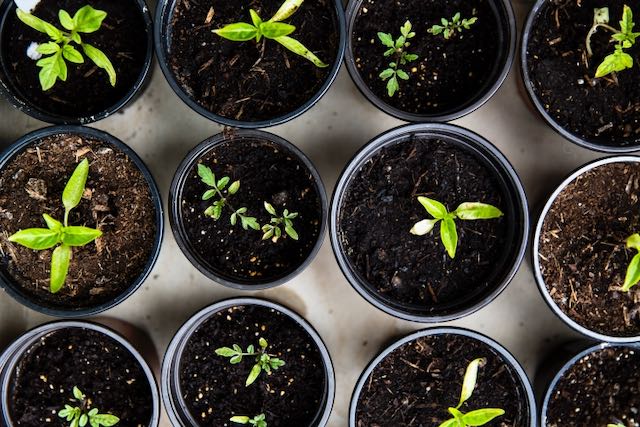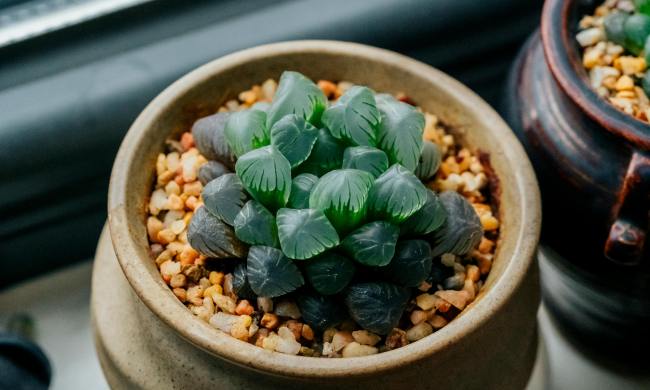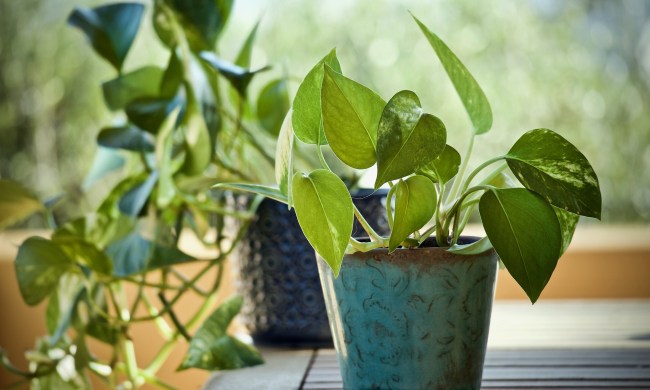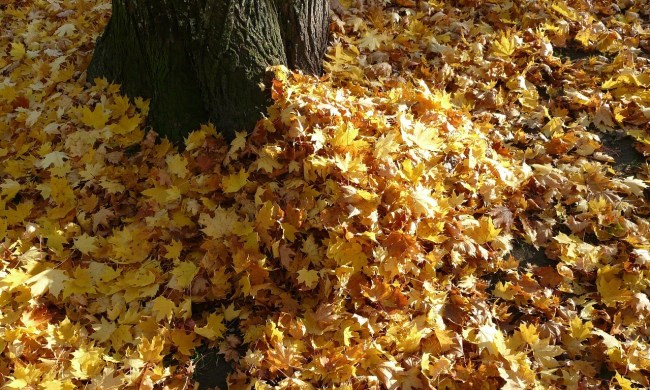Is organic gardening really worth it? The U.S. Department of Agriculture get’s to decide what can be labeled as organic in our grocery stores, but as a backyard gardener, you get to choose how far you want to take it. Simply put, organic gardening is growing plants without the use of chemically formulated fertilizers, growth stimulants, antibiotics, or pesticides. From the ground up, it’s described like this: Organic seeds and plants have been grown without those human-made products. The fruits of those plants are therefore organic as well. Organic meats are livestock that are fed with those organic foods.
What is organic gardening?
Since you’ll be restricted on your supplies when tending to and growing your organic garden, you’ll have to use all-natural ways to prevent and treat disease and pests and go without growth enhancements. This can be tricky and cause a lot of crop damage or production loss. Many home gardeners decide what level of organic is right for them. It’s one of the many beauties of growing your own food. You’re in control and get to decide what does or does not go into your garden.

The goal behind organic gardening is to garden with your plants in mind and garden for the sake of the whole ecosystem. When you spray pesticides, it doesn’t just kill the insects that are harming your plants. It kills the beneficial ones, too. This isn’t just important to the health of your garden but to the health of the planet, as well. While you may view certain pests as such, they play an essential role in our ecosystem. Killing off wasps seems nice when you have an outdoor party, but that could potentially kill honey bees as well as other vital pollinators.
Gardening with the planet in mind will help you grow healthy food and promote a lively ecosystem within your backyard.
If you’re striving for a fully organic garden or homestead, you’ve chosen the road less traveled. This means you can’t use any products and still call yourself organic. While it can be harder, the peace of mind of knowing your food is in it’s natural state can be worth it.
The difference between organic and conventional
We covered what organic gardening means above. Conventional gardening is any level of human-made products mixed into your routine. These synthetic products are convenient and require less effort than many of the natural remedies. They will also produce fruits faster than organically grown crops. Many backyard gardeners decide that being fully organic is not their style, but they pick and choose more carefully what products to introduce. This is one of the many perks of growing your own food! The power to decide is entirely up to you.
How to start an organic garden
Much of the process of keeping a healthy organic garden is preparation and prevention. When it comes to pests and disease and growth rates, being prepared and spending a lot of time in your garden will be key factors in your success. Here is a step-by-step process on how to start your very own organic garden.
Soil
Whether you’ve decided to build a raised bed or grow directly into the ground, you’ll need to amend your soil. Amending your soil means testing the existing soil to find out what it lacks and adding things such as compost to improve it. If you’re growing in a raised bed, you’ll have to fill your beds with a mixture of topsoil, compost, and peat moss or coco coir. A good ratio of these is 40/40/20. Mix these well within your beds, and you’re ready to go.
Of course, when trying to achieve an organic garden, all these components need to be organic. Check the bags and ingredients of these before purchasing to ensure you’re not accidentally adding anything into your soil that could be harmful to the life within the ground.
Seeds
Seed starting your plants is a great way to know with certainty that your garden is entirely organic. Organic seeds can be hard to find and may come in fewer varieties than non-organic seeds. There are, however, many options of online shops that sell large varieties of completely organic seeds.
When sowing your seeds in starting trays or in the ground, be sure to use an organic fertilizer.
Plants
If seed starting is not something you’re interested in, you’ll have to find organic plants already started. The extra time and effort it takes to grow plants completely organic can make it harder and more expensive to invest in organic seed starts. They are also much harder to find, especially at the big box stores. You’ll have more luck once again at online stores that can ship the plants to you quickly.
Compost
A key component of organic gardening is compost. To save money and reduce your garden waste, you can start your compost in a pile or a bin. There are many fantastic rolling or stationary containers you can buy to make composting easy, and without having a big pile in your yard.
Composting is not as easy as throwing ends of lettuce and used eggshells in a bucket. To get the most from your compost and encourage quick and healthy decomposing, shred or chop all your compost items before adding them to your pile or bin. A good ratio of green and brown matter is also needed to ensure composting is done right. Adding a layer of leaves between your kitchen scraps will allow for adequate nitrogen levels.
Like you water your garden, your compost might need the occasional watering as well, especially if it’s kept in a bin or covered container where rainwater can’t get to it. Compost needs water to create an environment for quick decomposition. Water your compost like you would a plant; when it looks dry, water it thoroughly.

Pests
Pests are probably one of the hardest parts of organic gardening and one of the biggest reasons organic gardening is so important. Prevention will be your best friend when it comes to dealing with pests. Things like companion planting will discourage harmful pests while encouraging beneficial pests. For example, aphids are the bane of every gardener’s existence. Ladybugs and their larva eat aphids like they are candy! You can plants things like cilantro, dill, chives, and fennel to encourage ladybugs to come into your garden and eat those nasty aphids destroying your plants. You can also purchase ladybugs to add to your garden, but it’s still recommended to create an environment they will want to stay in, or they will fly away.
You can also use neem oil, which is completely organic and can help fight off the nasty pests.
Weeds
The best way to fight off weeds in your garden is with mulch. Now, when choosing between organic mulch vs. regular ones, opt for the former, of course, so that you’ll keep your garden purely organic. When you plant your little plant babies, heavily mulch around them to suppress the growth of weeds. The best way to deal with weeds is to get out to your garden every day and pick weeds as you see them. Letting them get too big and out of control will result in deeper roots that are harder to get rid of — and result in longer, more challenging days of work in the garden.
As we said earlier, organic gardening is more labor-intensive than conventional gardening. Without the help of chemicals and other human-made products, you’ll have to invest more time and effort into keeping an organic garden healthy and producing beautiful fruit.


